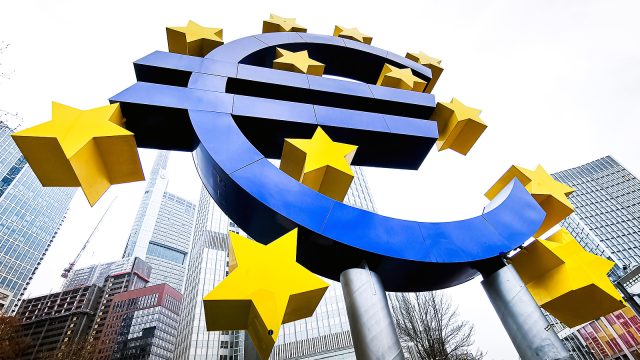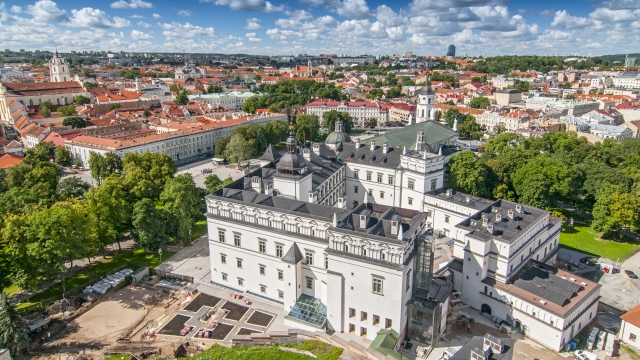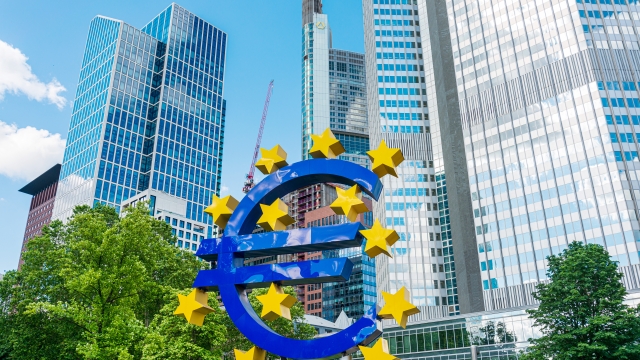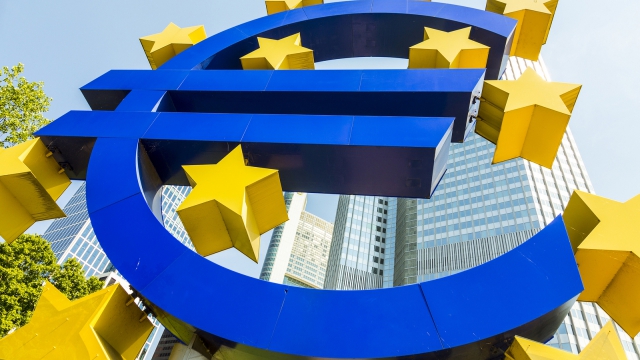Catch up quickly with the stories from Central and Eastern Europe that matter, this week led by news of both Ukraine and Moldova beginning EU membership negotiations...
Tag - European Central Bank
In the turbulent times we find ourselves, monetary policy alone cannot cope with containing inflation without bringing considerable costs in a form of recession and...
Shops in Croatia will begin displaying prices in both kuna and euros from September, ahead of formal adoption of the European single currency in January next year...
Croatia will adopt the euro on January 1, 2023. Bulgaria’s hopes of doing likewise in 2024 look increasingly slim, however. Challenging conditions mean that only...
Croatia has set January 1, 2023, as the date on which it will make the euro its national currency, with Bulgaria set to follow a year later. But how realistic are these...
Estonia is playing a leading role in the development of a digital euro, and Poland is eyeing the possibility of a digital złoty. But both are some way behind...
Montenegro, which unilaterally adopted the euro in 2002, might – somewhat ironically – have to introduce its own currency before it can join the European...
Central Europe The Czech government has backed a memorandum between the Ministry of Industry and Trade and state utility company ČEZ on the construction of a 2 billion...
A quick Covid-19 recovery, low unemployment and fast increasing wages are driving inflation in Central Europe. Is it time for national banks to step in? Central European...
Fitch Ratings has affirmed Lithuania’s Long-Term Foreign-Currency Issuer Default Rating (IDR) at ‘A’, with a stable outlook. Lithuania’s ratings...
On July 10, Croatia and Bulgaria got the green light from European Union finance ministers to join the European Central Bank’s Exchange Rate Mechanism II (known as...
Not one of the seven countries legally committed to adopting the euro (Bulgaria, Czechia, Croatia, Hungary, Poland, Romania and Sweden) currently meet all the...
Montenegro declares itself Covid-19 free, as emerging Europe reaps rewards of strict lockdown policy
On the evening of May 24, Montenegro became the second country in Europe to officially report they it is free of active Covid-19 cases. Montenegro has now joined the...













